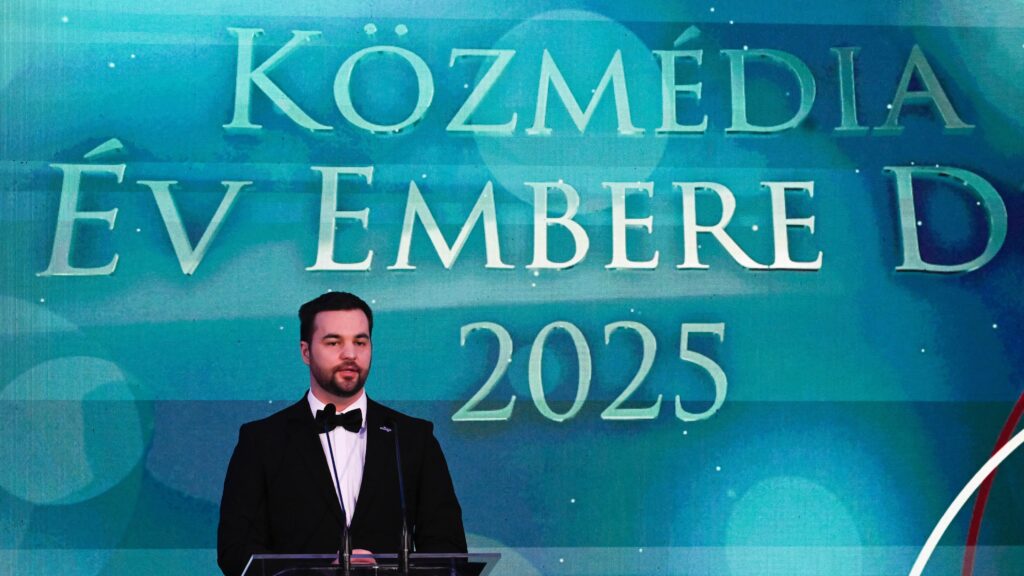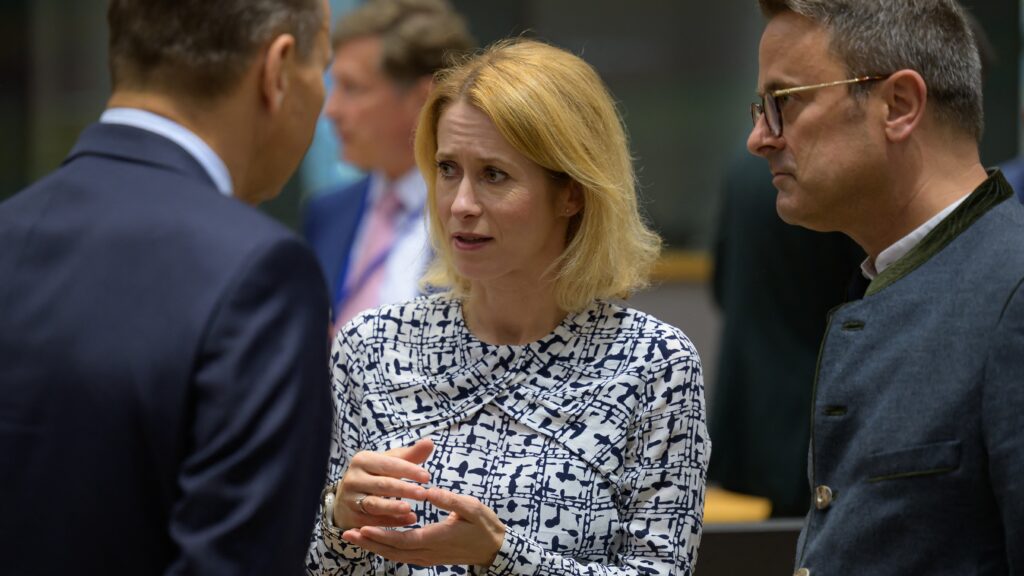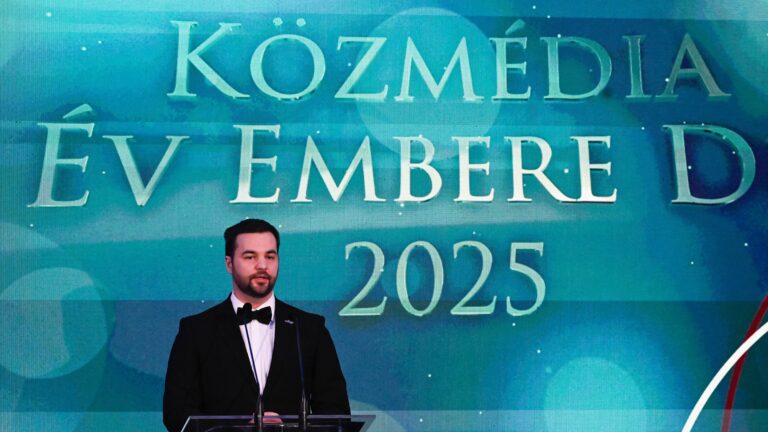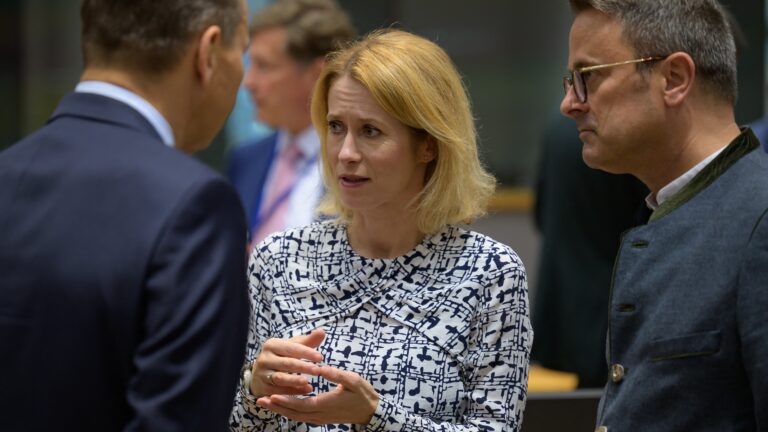With its latest decision to suspend the participation of students and researchers from Vienna’s Modul University in the Erasmus+ and Horizon programmes, the European Commission has once again demonstrated that its campaign against Hungary is not about the rule of law or so-called European values, but rather stems from the Hungarian government’s refusal to conform to the European progressive mainstream and its agenda.
As reported by the Austrian daily Der Standard, the Commission recently decided to suspend Erasmus+ and Horizon programme participation for Modul University. This decision was confirmed by the Austrian Ministry of Science in response to a parliamentary question. According to the report, the national agencies responsible for processing Erasmus grants in EU member states were informed by the Commission that Modul University ‘cannot receive any EU funding’.
Academia Transformed into a Political Battlefield
But how are these two seemingly unrelated cases—the rule of law procedure against Hungary and the exclusion of Modul University—connected? In January 2023, the European Commission froze funding for foreign exchange programmes at Hungarian universities and research institutes managed by public interest trusts. This decision was justified by concerns over the presence of active politicians on university boards of trustees and ambiguity regarding the duration of their mandates.
Since then, active politicians have resigned from these boards, but the EU has maintained that the Hungarian government has yet to fully meet the conditions required for the universities to regain eligibility for participation in the exchange programmes.
The issue of public interest trusts is part of the EU’s conditionality procedure, which requires Hungary to fulfil 17 conditions in order to access €6.3 billion from the cohesion funds.
However, this does not explain why the European Commission would take similar action against a private university in Vienna. The reason becomes clear when considering that, in April 2023, Hungarian Mathias Corvinus Collegium (MCC) acquired a 90 per cent ownership stake in Modul University, becoming its majority owner. From the Commission’s perspective, Modul University is now effectively maintained by a Hungarian trust of public interest and is thus subject to the same funding freeze imposed on Hungarian institutions under the conditionality mechanism.
However, as Balázs Orbán, political director of the Hungarian prime minister, pointed out in response to the news, Modul University operates under Austrian, not Hungarian, law. This distinction means it cannot be subjected to the same sanctions designed for the specific circumstances of Hungarian regulations. ‘Clearly, the issue isn’t legal but political: Brussels is targeting non-liberal institutions with sanctions. This decision is unacceptable, and we must defend academic freedom from Brussels!’ Orbán highlighted.
‘Modul University operates under Austrian, not Hungarian, law’
Interesting Timing
In politics, the timing of decisions is always worth noting. It is unlikely a coincidence that the suspension of Modul University’s participation in EU student exchange and research programmes coincides with a period when Austria could, for the first time in decades, have a truly right-wing government.
Following Herbert Kickl’s Freedom Party victory in last year’s elections, and the subsequent collapse of coalition talks between the Austrian People’s Party and the Social Democrats, President Alexander Van der Bellen tasked Kickl with forming a government.
EU diplomats, speaking to POLITICO, have already suggested that Brussels might initiate an Article 7 procedure against Austria if Kickl’s government refuses to align with their agenda—a scenario that appears almost certain. This procedure, which is already ongoing against Hungary, could result in the member state losing its voting rights in EU decision-making processes.
However, the universities and their students won’t let their rights be violated without a fight. According to Balázs Orbán, Modul University has joined the Hungarian universities in their legal challenge against the exclusion and is appealing this discriminatory decision to the European Court of Justice.
Hungarian Conservative on X (formerly Twitter): "Brussels strikes again 🤦🏻♂️ After targeting Hungarian universities, the European Commission has now suspended Erasmus+ access for Vienna's Modul University, majority-owned by Mathias Corvinus Collegium (@MCC_Budapest ). This outrageous decision punishes EU students and exposes the... pic.twitter.com/TVy2sYaQFs / X"
Brussels strikes again 🤦🏻♂️ After targeting Hungarian universities, the European Commission has now suspended Erasmus+ access for Vienna's Modul University, majority-owned by Mathias Corvinus Collegium (@MCC_Budapest ). This outrageous decision punishes EU students and exposes the... pic.twitter.com/TVy2sYaQFs
Six Hungarian universities filed a legal challenge against the Commission’s decision last December, seeking remedies for what they view as discriminatory treatment of their students and researchers. The universities have also criticized the lack of consultation, highlighting that university management, researchers, and students were not given the opportunity to share their perspectives on the impact of the ongoing debate.
It already appears that the first major clash between Herbert Kickl’s government and Brussels will centre on the rights of Modul University’s students—and in this fight, they can count on Hungary’s support. ‘We hope the Austrian government won’t quietly support or condone Brussels’ discrimination but will stand up for Austrian students’ rights and for the freedom of education and research as guaranteed by Austrian law!’ Balázs Orbán concluded.
Related articles:







